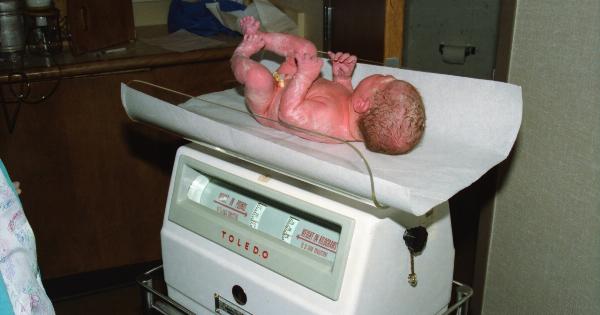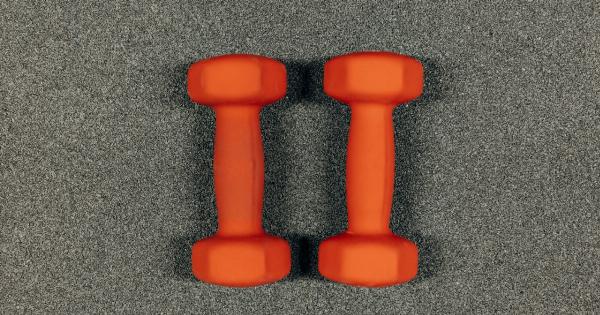After giving birth, many new mothers are eager to shed the extra pounds gained during pregnancy.
However, losing pregnancy weight requires a careful and balanced approach to ensure both the mother’s health and the ability to provide proper nourishment for the baby. In this article, we will outline the ultimate diet plan for losing pregnancy weight – one that promotes healthy weight loss while meeting the nutritional needs of both mother and child.
1. Set Realistic Goals
Before diving into any weight loss plan, it’s crucial to set realistic goals for yourself. Remember that it took nine months to put on the pregnancy weight, and it will take time to lose it as well.
Aim to lose around 1-2 pounds per week, as this steady rate ensures healthy weight loss without negatively impacting breastfeeding or overall well-being.
2. Focus on Whole, Nutrient-Dense Foods
The backbone of any healthy diet is consuming whole, nutrient-dense foods. This includes adding plenty of fruits, vegetables, whole grains, lean proteins, and healthy fats to your daily meals.
These foods provide essential vitamins, minerals, and antioxidants, helping you regain energy and boost your overall health.
3. Don’t Skip Meals
As a new mother, you may find it challenging to find time to eat full meals consistently. However, skipping meals can be counterproductive when it comes to losing pregnancy weight. It can slow down your metabolism and lead to overeating later in the day.
Aim to have three balanced meals and two healthy snacks throughout the day to maintain stable blood sugar levels and avoid unnecessary cravings.
4. Stay Hydrated
Proper hydration is essential during the postpartum period. Drinking an adequate amount of water is not only crucial for your overall health but can also aid in weight loss. Sometimes, we mistake thirst for hunger, leading to unnecessary snacking.
Carry a water bottle with you at all times and aim to drink at least eight glasses of water per day.
5. Choose Healthy Snacks
When hunger strikes between meals, opt for healthy snacks rather than reaching for sugary or processed treats.
Some excellent snack options for new mothers include Greek yogurt, nuts, seeds, sliced fruits and vegetables, hummus, or whole-grain crackers with nut butter. These snacks provide essential nutrients while keeping you satisfied until your next meal.
6. Incorporate Breastfeeding-Friendly Foods
If you are breastfeeding, it’s important to incorporate foods that support lactation and provide optimal nutrition for your infant.
Oatmeal, leafy greens, salmon, fennel, and chickpeas are just a few examples of foods that can enhance milk production and provide a wide range of nutrients for both you and your baby.
7. Control Portion Sizes
While it’s essential to consume a balanced diet, portion control is equally vital for losing pregnancy weight. Pay attention to your hunger and fullness cues, and aim to eat until you are satisfied rather than overly full.
Using smaller plates and bowls can also help regulate portions and prevent excessive calorie intake.
8. Cook and Prep Meals in Advance
As a new mother with a busy schedule, finding time to cook healthy meals can be a challenge. However, taking a few hours each week to meal prep can save you time and help you make better food choices.
Prepare and portion meals in advance, so you always have nutritious options on hand, even during hectic days.
9. Get Moving
Physical activity plays a significant role in losing pregnancy weight. Engage in exercises that are safe and appropriate for your postpartum recovery, such as walking, swimming, or postnatal yoga.
Start slowly and gradually increase the intensity and duration of your workouts as you regain strength and stamina.
10. Prioritize Self-Care
Lastly, don’t forget to prioritize self-care during your weight loss journey. Adequate sleep, stress management, and taking time for yourself are crucial for both physical and mental well-being.
When you feel supported and rejuvenated, it becomes easier to make healthier choices for yourself and your baby.





















